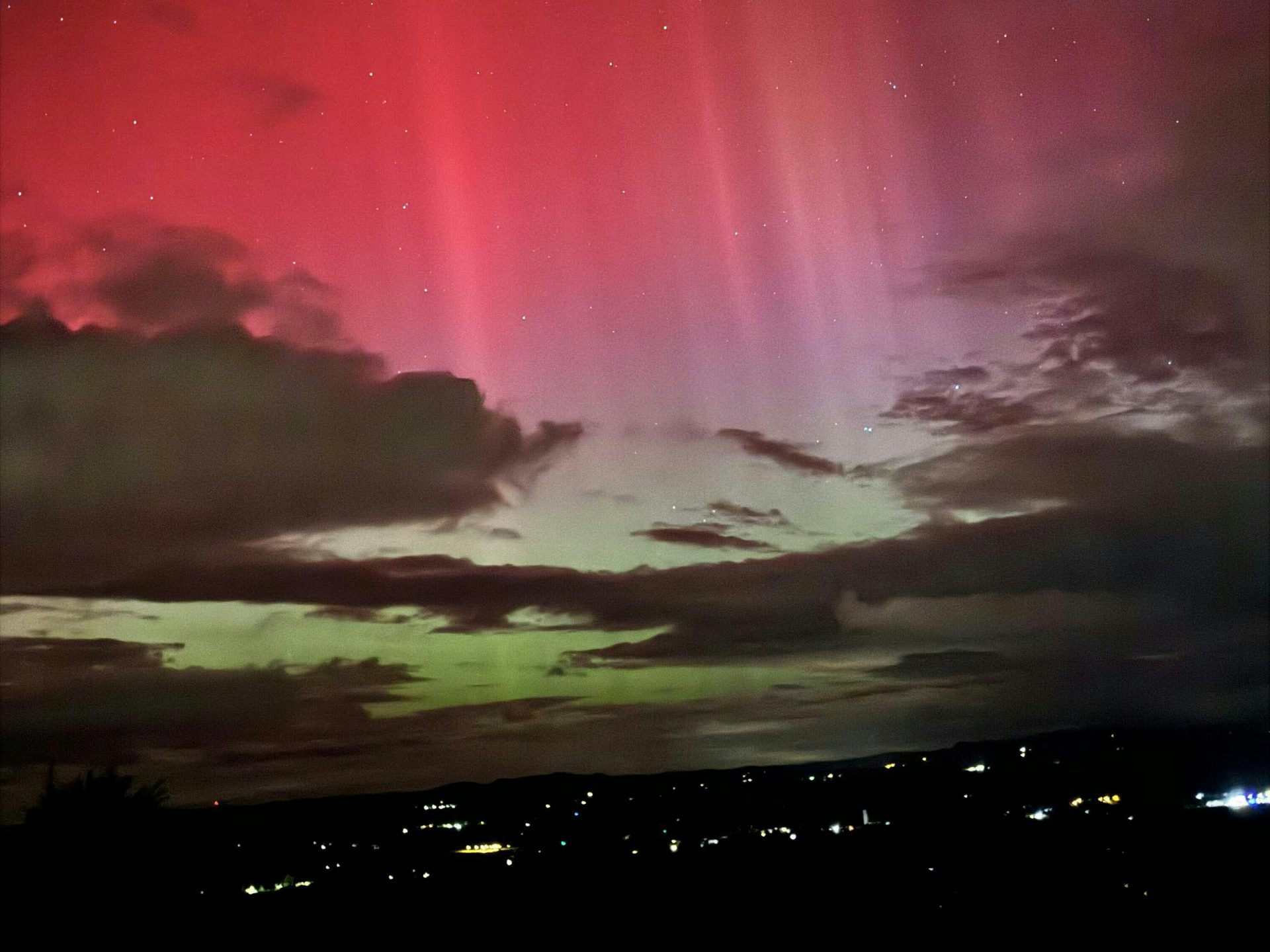Solar Storm Hits Earth on Saturday: Possible Consequences

A large coronal hole has been observed on the sun. These regions appear darker because they are cooler and less dense. Charged particles escape from them, moving as solar wind at high speed towards Earth.
NOAA Warns of Geomagnetic Storm
The US weather agency NOAA has issued a level G2 warning for Saturday, June 14. This represents a moderate geomagnetic storm. When the solar wind reaches the Earth's magnetic field, it can cause turbulence in the magnetosphere.
Auroras and Possible Disruptions
In parts of northern Germany and the northern USA, auroras could be visible with clear skies – ideally between 10:30 PM and 1:30 AM. At the same time, there may be voltage fluctuations in power grids in northern regions. Satellite navigation, radio communications, and satellite technology could also be affected.
Magnetic Field Alignment Crucial
The actual strength of the storm depends on the magnetic field orientation of the solar wind. If it points south, the effect is stronger. A northern orientation, on the other hand, weakens the effects. Accurate forecasts are usually only possible shortly before it arrives.
Active Solar Phase Favors Such Events
The sun is currently in an active phase of its approximately eleven-year cycle. Coronal holes and fast solar winds therefore occur more frequently. Those who wish to observe the natural phenomenon may have a good opportunity on the night of Sunday – weather permitting.
When will the solar storm hit the Earth?
According to NOAA, the solar wind is expected on Saturday, June 14, during the night to Sunday.
What does warning level G2 mean for solar storms?
Level G2 stands for a moderate geomagnetic storm with possible impacts on technology and power grids.
Where are auroras most likely to be seen?
With clear skies, auroras are possible in northern Germany and the northern USA.
This article has been automatically translated, read the original article here.





